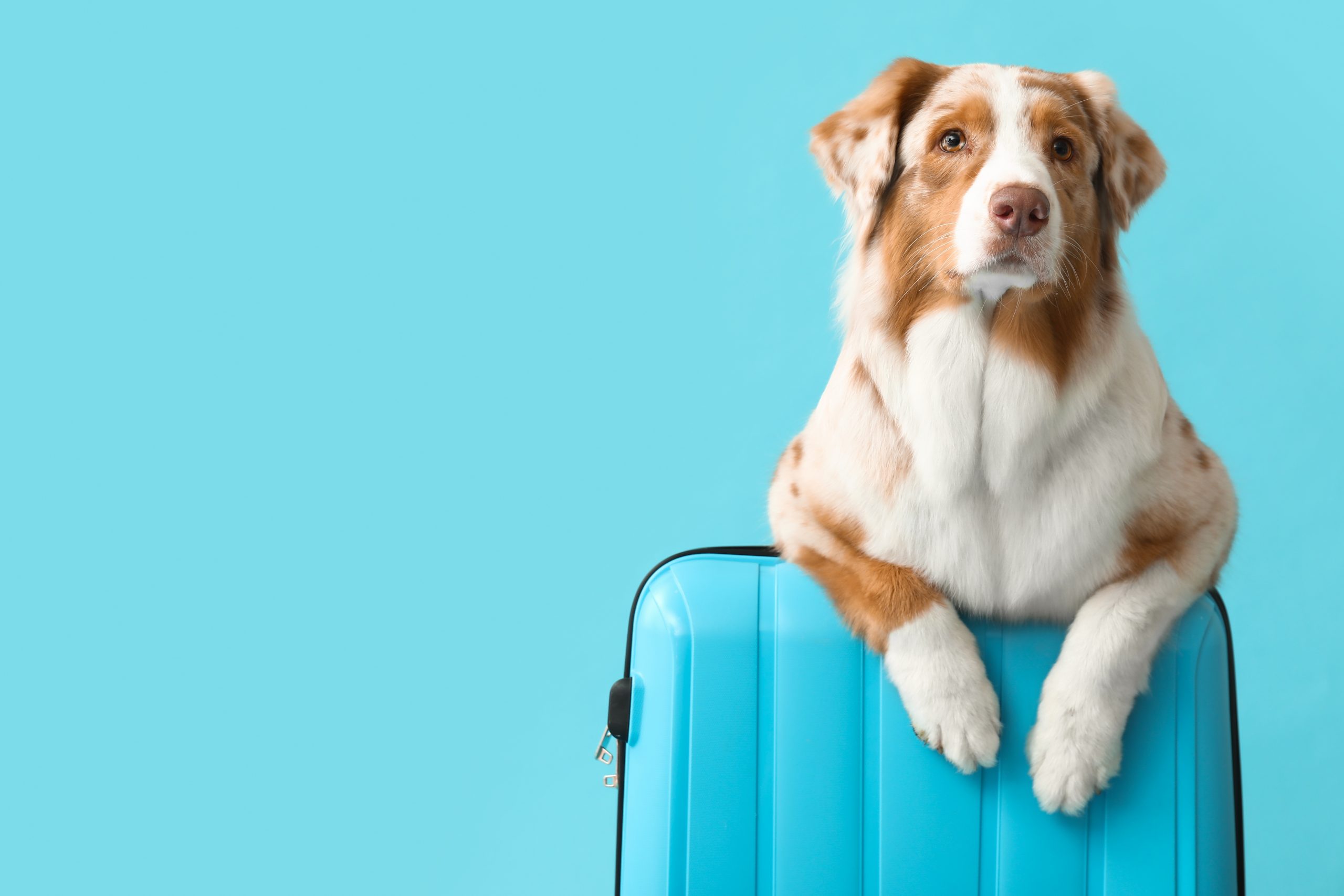Traveling with pets can be a rewarding experience, allowing you to share your adventures with your furry companions. However, it requires careful planning and consideration to ensure a smooth and stress-free journey for both you and your pets. Whether you’re traveling by car, plane, or train, here are some essential tips and insights to help you and your pets have a safe and enjoyable trip.
Preparing for the Journey
1. Visit the Veterinarian: Before embarking on your journey, schedule a visit to the veterinarian to ensure your pet is healthy and fit for travel.
Tips:
- Health Check: Get a thorough health check to ensure your pet is in good condition.
- Vaccinations: Ensure all vaccinations are up to date and obtain a copy of your pet’s health records.
- Travel Medication: Ask your vet about any medications that might help with anxiety or motion sickness.
2. Plan Your Route: Plan your travel route carefully, considering the needs of your pet.
Tips:
- Frequent Stops: Plan for frequent stops to allow your pet to stretch, relieve itself, and get some fresh air.
- Pet-Friendly Accommodations: Research pet-friendly accommodations and book in advance to avoid last-minute hassles.
- Emergency Vet Locations: Identify veterinary clinics along your route in case of emergencies.
3. Pack Essentials: Pack all the necessary items your pet will need during the journey.
Tips:
- Travel Carrier: Use a comfortable and secure travel carrier that allows your pet to stand, turn around, and lie down.
- Food and Water: Bring enough food and water for the trip, along with portable bowls.
- Comfort Items: Pack your pet’s favorite toys, blankets, and a piece of your clothing to provide comfort and reduce anxiety.
Traveling by Car
1. Safety First: Ensure your pet’s safety while traveling in the car.
Tips:
- Secure Carrier: Keep your pet in a secure carrier or use a pet seatbelt to prevent distractions and protect your pet in case of an accident.
- No Front Seat: Avoid placing your pet in the front seat due to the risk of injury from airbags.
- Window Safety: Keep windows closed or only slightly open to prevent your pet from sticking its head out.
2. Maintain Comfort: Keep your pet comfortable throughout the journey.
Tips:
- Climate Control: Maintain a comfortable temperature inside the car and avoid leaving your pet alone in the vehicle.
- Regular Breaks: Stop every few hours to let your pet out for a short walk and bathroom break.
Traveling by Plane
1. Check Airline Policies: Different airlines have different policies regarding pet travel, so it’s important to check in advance.
Tips:
- In-Cabin vs. Cargo: Determine whether your pet can travel in the cabin or must go in the cargo hold. Smaller pets typically can stay with you in the cabin.
- Documentation: Prepare all necessary documentation, including health certificates and vaccination records.
- Pet-Friendly Airlines: Choose an airline known for its pet-friendly policies and good track record with animal care.
2. Pre-Flight Preparation: Prepare your pet for the flight to reduce stress and ensure safety.
Tips:
- Acclimate to Carrier: Get your pet accustomed to the travel carrier well before the flight.
- Feeding Schedule: Avoid feeding your pet right before the flight to prevent motion sickness.
- Hydration: Ensure your pet is well-hydrated but limit water intake just before the flight to avoid accidents.
Traveling by Train
1. Know the Rules: Train travel regulations for pets vary, so check with the train company before booking.
Tips:
- Size Restrictions: Be aware of size restrictions and whether pets need to be in carriers.
- Pet-Friendly Routes: Opt for pet-friendly routes and services to ensure a smooth journey.
- Book in Advance: Reserve your seats well in advance, as some trains have limited space for pets.
2. Keep Your Pet Calm: Trains can be noisy and crowded, so it’s important to keep your pet calm and comfortable.
Tips:
- Calm Environment: Choose a quiet compartment if possible and keep your pet close to you.
- Comfort Items: Bring familiar items like toys and blankets to help your pet feel at ease.
